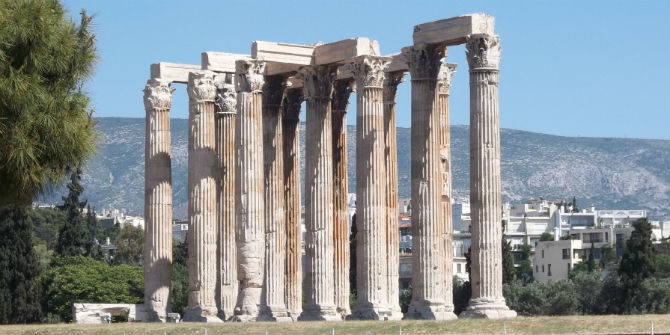With Leveson in recess for most of the month, the action was outside the courtroom during February. Politicians such as Boris Johnson and Michael Gove started to break ranks and signal their qualms about Leveson and the police inquiries, whilst a small band of politicians – those with the deepest scars from press intrusion such as Chris Bryant, Tom Watson and Simon Hughes, carry the torch for the reform process. Most of their colleagues are keeping their heads down.
PCC 2.0 is the main proposal that the Press themselves are developing, but two more major proposals for reform of press regulation are on the table and one more is on the way from Hacked Off.
Lord Justice Leveson took his 3 week break from evidence sessions before the beginning of module 2, which investigates the relationships between the press and police. As if to demonstrate that the police no longer were cosying up to News International, they kicked their doors in on 11th February. And the Sun came back fighting. First, associate editor Trevor Kavanagh wrote an editorial that attacked the ‘witch hunt’ of multiple police inquiries and Leveson. Then the Sun on Sunday was launched.
So things are finely poised. Most politicians seem to be keeping their powder dry and waiting for the process to play out. News International titles predictably take an adversarial position in relation to the Leveson Inquiry, but how are the other papers positioning themselves? MPP intern Noelle De Guzman conducted a review of the editorials of the major UK papers between February 5th and February 15th. She summarised whether they had a positive, neutral or negative position in relation to some key questions such as: the police action against Sun staff, whether payments for stories is justified, and the Leveson Inquiry in general. Her analysis shows that the published positions of all the daily papers is cagey and neutral on all these issues. For example the table below shows that Kavanagh’s Sun editorial was an isolated shot rather than a sustained attack. The Sun, the Times and the Telegraph seem to be studiously avoiding the subject, and the Guardian, whilst it is commenting on the story is not running a campaign either for or against Leveson itself. The media policy project will keep watching this as the inquiry unfolds.
Editorial Opinions on Leveson Inquiry
| Leveson inquiry | Good | Not good | Verdict still out | Neutral |
| Guardian | 1 | 1 | 4 | |
| Telegraph | 1 | |||
| The Independent | 2 | 1 | 4 | |
| The Times | 1 | 1 | ||
| The Sun | 1 | |||
| Daily Mail | 1 | 1 | 1 |
Historically, the press has managed to speak with one voice, and use their opinion forming power to mobilise resistance against external regulation. In the coming months, it is doubtful whether politicians and the press will be able to keep their heads down, particularly as the Inquiry moves on to Module 3, which investigates the relationship between politicians and the press.




If you are interested in press freedom here is a great debate by Worldbytes, where volunteers consider the Counter Leveson Inquiry, a campaign launched by the online journal Spiked. Journalist Patrick Hayes challenges participants not to go along with the inquiry’s dangerous assumptions. He argues that free speech and a free press with no ‘buts’ are essential for democracy.
http://www.worldbytes.org/dont-shout-at-the-telly-the-leveson-inquiry/